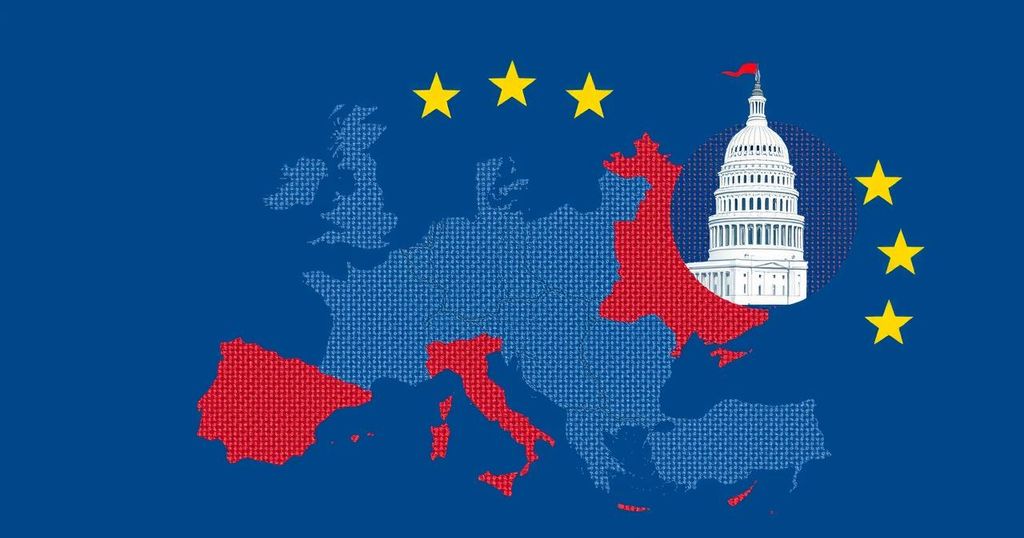European Perspectives on the U.S. Election: A Tapestry of Concerns and Expectations

The article discusses the European perspective on the upcoming U.S. election, highlighting concerns about its impact on international relations. Steven Erlanger of The New York Times indicates that while many in Western Europe prefer Democratic leadership, there is a complex array of opinions in Eastern Europe, particularly regarding the far-right’s support for figures like Donald Trump. The overarching sentiment reveals that European stability and policy could be significantly influenced by the outcomes in U.S. states.
In examining the implications of the U.S. election, it becomes evident that while foreign policy may not be the primary concern of American voters, the global ramifications of the presidential outcome cannot be understated. Steven Erlanger, The New York Times’ chief diplomatic correspondent in Europe, notes a prevailing sense of anxiety within Europe regarding the electoral process in the United States. Europeans express a significant level of concern, as much of European policy and stability appears intertwined with the decisions made by voters in key states such as North Carolina, Georgia, and Arizona. The prevailing sentiment in Western Europe leans towards unease, as historical preferences favoring Democratic leadership over Republican counterparts continue to influence perceptions. The situation is compounded in Eastern Europe, where the ongoing conflict in Ukraine heightens concerns regarding U.S. leadership. While discomfort with potential Republican leadership is common, it is noteworthy that certain far-right leaders in Eastern Europe may view figures like Donald Trump as symbolic allies, sharing interests in issues such as migration, abortion, and national identity. This reflects a complex tapestry of opinions, where not all are enamored with Democratic leadership or pledged to support Vice President Kamala Harris, who has made concerted efforts to carve her own identity separate from President Biden.
The backdrop of this discussion stems from the intricate relationship between U.S. electoral politics and European diplomatic concerns. Historically, the United States has played a pivotal role in shaping international relations, particularly in Europe. The decisions made during U.S. elections resonate beyond American borders, affecting global policies on trade, security, and humanitarian issues. The current geopolitical landscape, marked by uncertainties such as the conflict in Ukraine and challenges related to global migration, intensifies the scrutiny of the U.S. election process from a European viewpoint.
In summary, the U.S. election holds significant implications not only for American citizens but also for global stakeholders, particularly in Europe. The anxiety reflected in European sentiments underscores the interconnectedness of international relations and domestic electoral outcomes. As voters prepare to make their choices, the resulting policies will inevitably ripple through Europe, influencing diplomatic relations and shaping the future of transatlantic engagement.
Original Source: www.nytimes.com








